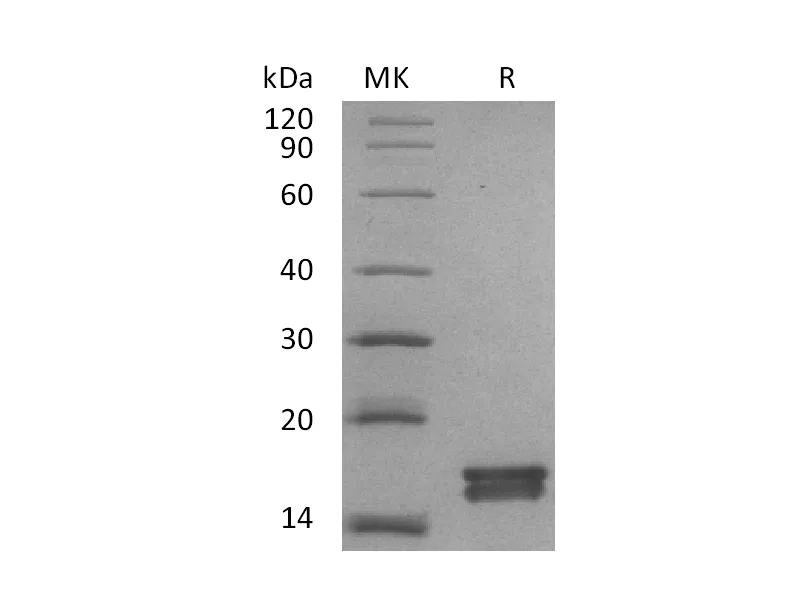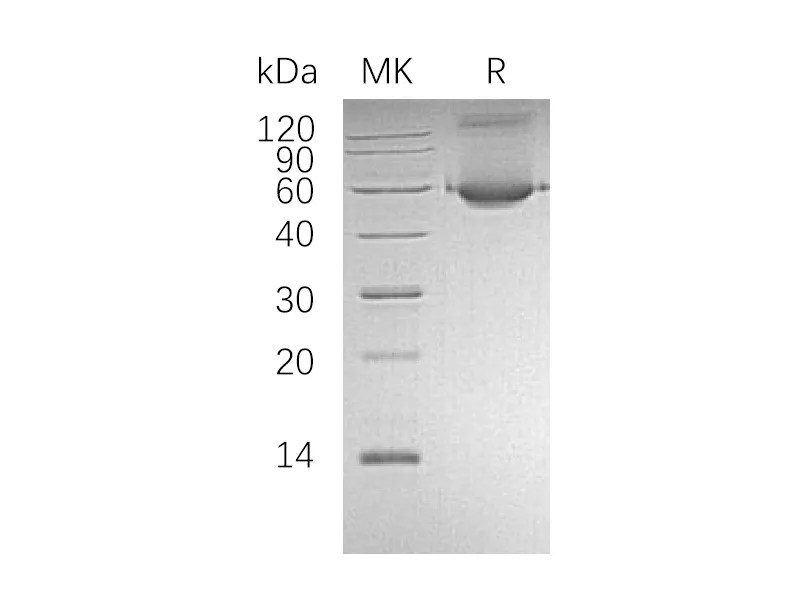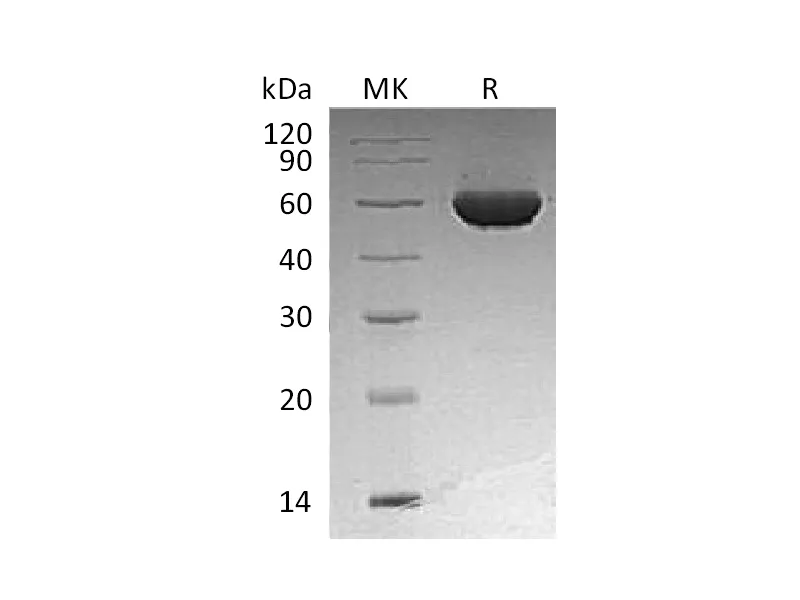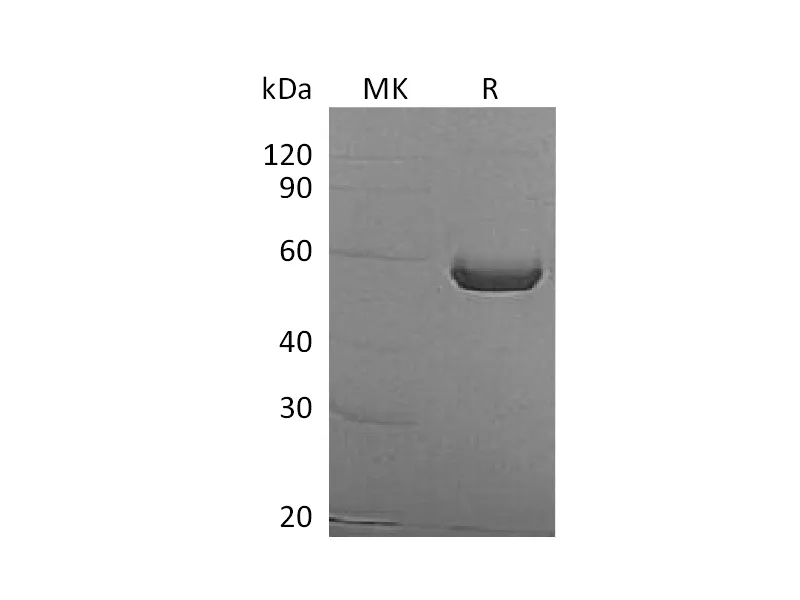Alternative Names
Pantetheinase; Pantetheine Hydrolase; Tiff66; Vascular Non-Inflammatory Molecule 1; Vanin-1; VNN1
Background
Vanin-1 is a cell membrane protein which contains one CN hydrolase domain and belongs to the CN hydrolase family and BTD/VNN subfamily. Vanin-1 is also a member of the Vanin family of proteins, which share extensive sequence similarity with each other, and also with biotinidase. The family includes secreted and membrane-associated proteins, a few of which have been reported to participate in hematopoietic cell trafficking. Vanin-1 is widely expressed with higher expression in spleen, kidney and blood and overexpressed in lesional psoriatic skin. No biotinidase activity has been demonstrated for any of the vanin proteins; however, they possess pantetheinase activity, which may play a role in oxidative-stress response. Vanin-1 is an epithelial pantetheinase that provides cysteamine to tissue and regulates response to stress. Vanin-1 is expressed by enterocytes, and its absence limits intestinal epithelial cell production of proinflammatory signals. Vanin-1 regulates late adhesion steps of thymus homing under physiological, noninflammatory conditions. The early impact of vanin-1 deficiency on tumor induction was directly correlated to the amount of inflammation and subsequent epithelial proliferation rather than cell death rate. Vanin-1 molecule was shown to be involved in the control of thymus reconstitution following sub-lethal irradiation.
Note
For Research Use Only , Not for Diagnostic Use.




